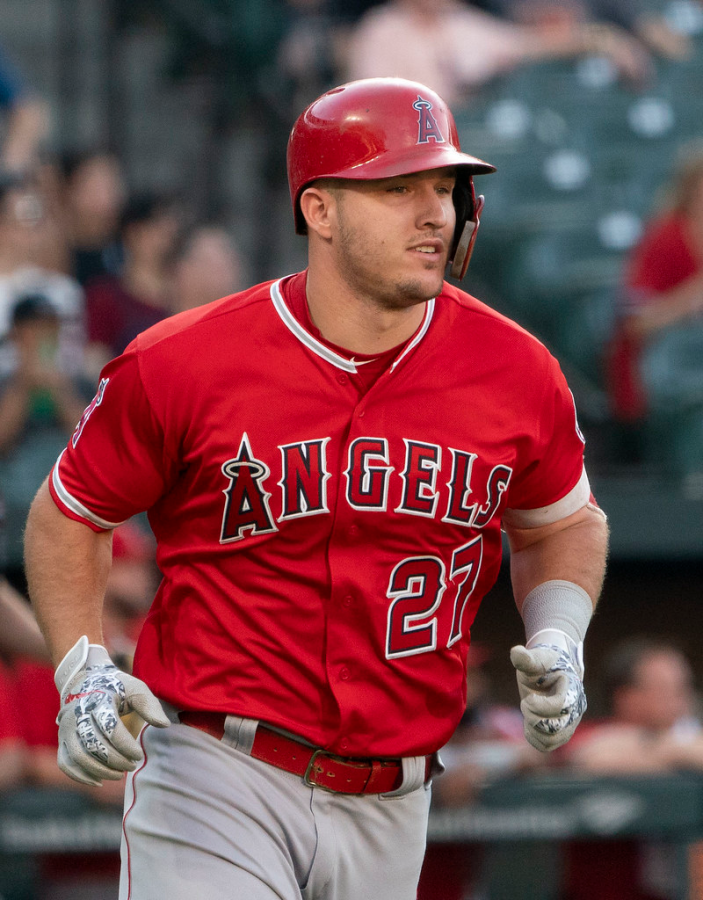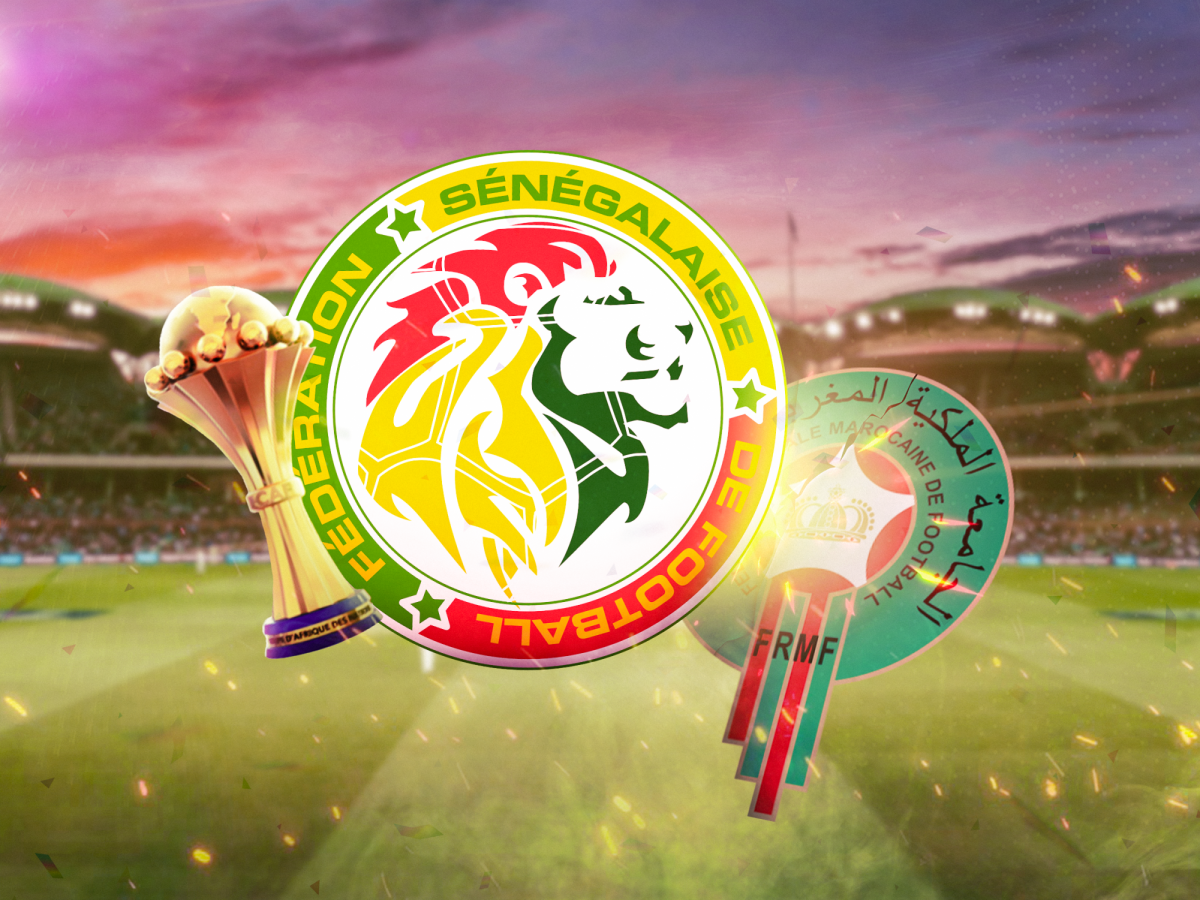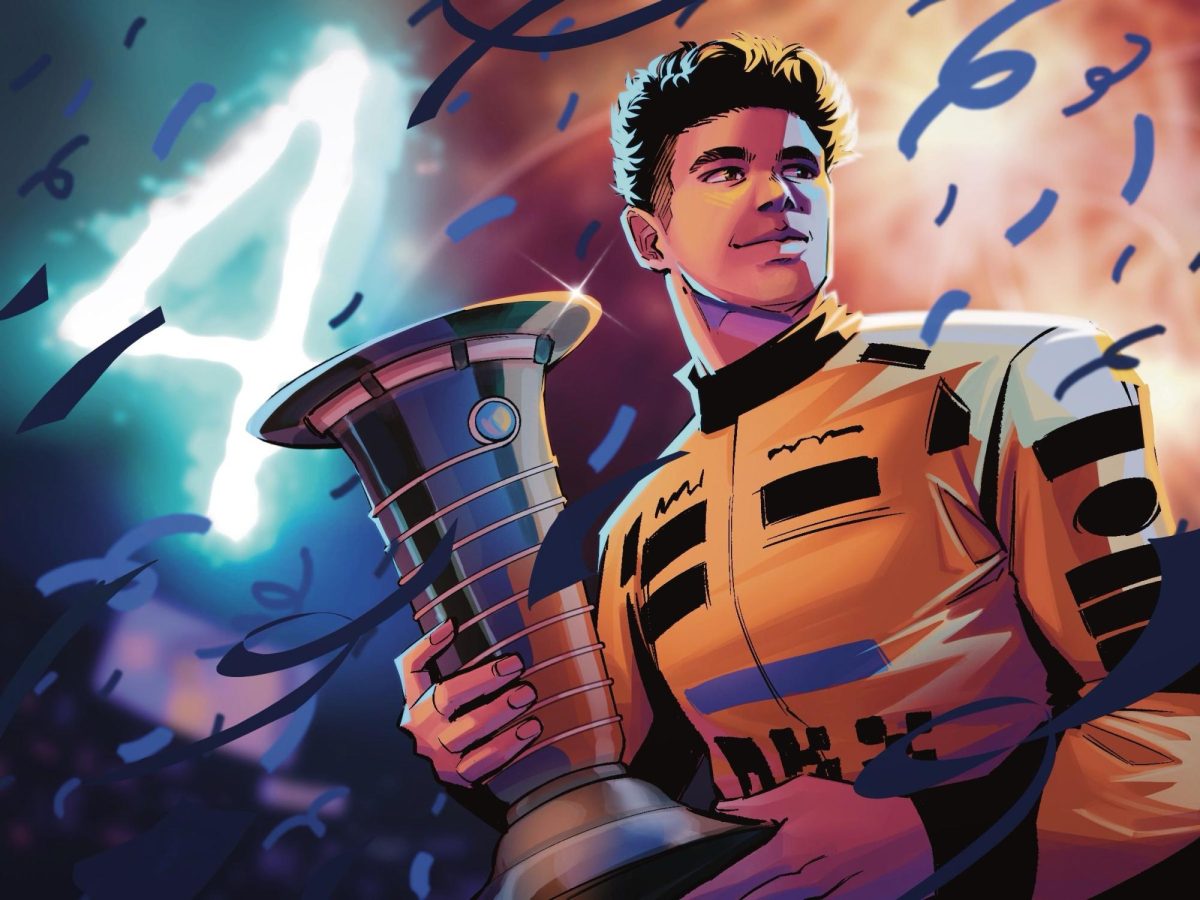The final pitch has been thrown and the final bat has been swung. The 2019 Major League Baseball season is over and the offseason has begun. The first part of the offseason is the bestowment of the regular season awards.
Manager of the Year
In the American League, the finalists each had the requisite resume to win the award. In the Twin Cities, first-year manager Rocco Baldelli injected the Twins and their fanbase with a swagger and confidence that transformed his squad from mediocre to the “Bomba Squad.”
The Twins saw an improvement in all major offensive categories compared to last season, including setting the record for most home runs in a season with 307. Baldelli made the Twins a contender again, a feat which no one expected in spring training.
For that, he rightly earned AL Manager of the Year. However, it would be amiss not to talk about New York Yankees manager Aaron Boone, who navigated the notorious New York media and the unprecedented amount of injuries his players faced with aplomb.
His “next man up” attitude and his defense of his players through the infamous “savages in the box” comment became rallying cries for the Bombers.
In addition, Tampa Bay Rays manager Kevin Cash fully utilized every single player on his roster. His mastery of the bullpen helped the Rays become one of the most innovative teams in the game.
In the National League, the finalists all elevated the levels of their respective franchises. However, it was deemed that Mike Shildt of the St. Louis Cardinals was the most effective in his position.
While the Cubs entertained talks of a potential dynasty and the Brewers geared up for a playoff push after last year’s Game 7 disappointment, the Cardinals quietly took over the NL Central. The Cards’ ability to clinch a berth in the NLCS without the help of a discernible superstar is a testament to the mindset of the Redbirds. The other two finalists, Craig Counsell of the Brewers and Brian Snitker of the Atlanta Braves, had good teams, but were utterly unremarkable during the season.
Rookie of the Year
In the AL, Yordan Álvarez was the most electrifying rookie to grace the Junior Circuit. His power was the stuff of shock and awe, one of his home runs forever immortalized by an orange seat in the third deck of Minute Maid Park.
Over a mere 87 games, Álvarez smashed 27 home runs and drove in 78 runs while hitting an impressive .313.
He became an important part of the Astros’ lineup, seen by his 2.5 Wins Above Average, adding to their offensive power.
In the National League, the Mets struck gold with their new superstar Pete Alonso.
The “Polar Bear” broke the record for the most home runs in a rookie season with 53, won the 2019 Home Run Derby, and helped take a club that was dead in the water in July to the cusp of a playoff berth in a wild August and September.
However, there was another finalist also deserving of the award. The Padres’ new shortstop, Fernando Tatís Jr., has made baseball fun again in San Diego. A five-tool player, Tatis Jr. led all rookies with a 3.1 WAA rating.
The most amazing part of Tatís’ season, which included a .317 batting average, was that he only played 84 games. The Padres’ future is looking bright with Tatís as a focal point in the lineup.
Cy Young Award
For the first time in the history of the award, the first and second place finishers in the AL were teammates. Without a shadow of a doubt, the most fearsome pitching duo in the AL was Gerrit Cole and Justin Verlander. This year was Cole’s coming out party as a potential franchise ace, as he utilized his repertoire of four-seamer and numerous breaking balls to generate a league-leading 326 strikeouts.
In addition, Cole led the American League in ERA with 2.50, finished with the second lowest opposition batting average at .186, and had a 20-win season. While Cole was the ace, Verlander was the workhorse.
En route to his second Cy Young Award, Verlander led the Majors in games started, wins, and innings pitched. Verlander also had the league’s lowest Walks and Hits per Nine Innings with .803, the lowest opposition batting average with .172, and had a 300-strikeout season.
At age 36, Verlander still has a pop on his fastball, averaging 94.6 miles per hour on the gun. However, his slider was his most deadly pitch, with opposing pitchers only hitting .119 off it.
In the NL, Jacob DeGrom won his second consecutive Cy Young Award over the Dodgers’ Hyun-Jin Ryu and the Nationals’ Max Scherzer.
Ryu led the league with a 2.32 earned run average while establishing himself as the ace of the Dodgers’ staff. Ryu’s control was evident in his league-low 1.183 walks per 9 innings.
Scherzer was the best pure pitcher according to the stats, as he registered a league-low 2.45 Fielding Independent Pitching average. “Mad Max” relied on his four-seam fastball, which had an average horizontal movement of 3.2 inches.
However, DeGrom led all NL pitchers with a 7.9 WAR rating, proving his value to the Mets. The undisputed ace of the Metropolitans also led the NL with 255 strikeouts and registered the second-lowest FIP average with 2.67.
Most Valuable Player
Oakland Athletics’ shortstop Marcus Semien was always going to finish in third place, but if not for his play in the homestretch of the season, the A’s would not have qualified for the postseason. Playing in every game this season, Semien produced a Wins Above Average rating of 5.8, while establishing himself as one of the best fielding shortstops in the game, leading the AL in double plays turned and assists.
The other finalist, Alex Bregman was equally valuable to the Astros this season, producing a 6.1 WAA rating. The third baseman’s speciality was getting on base, leading the AL in times on base, walks, and runs created. A fearsome bat in the Astros’ “Murderers Row” lineup, Bregman smashed 41 home runs and drove in over 100 runs.
Mike Trout won his third MVP award, as the Angels would have been disgustingly bad without him. Trout led the AL with a WAA rating of 6.3, hitting 45 home runs and driving in 104 runs.
He led the AL in on-base and slugging percentages, creating 145 runs in the process. The most surprising aspect of Trout’s season was that he was shut down early due to injury.
In the NL, it was always between Cody Bellinger and Christian Yelich. However, the third finalist, Anthony Rendon, had a breakout season in his own right for the World Series champion Nationals.
He led the Majors with 126 runs batted in and led the NL with 44 doubles, providing a clutch bat when necessary.
Both Bellinger and Yelich were integral to the success of their respective teams.
Bellinger led the Majors with a 9.0 Wins Above Replacement rating, smashing 47 home runs and bringing in 115 runs as the Dodgers won over 100 games and clinched their seventh consecutive division title.
However, though Bellinger won the MVP, the Dodgers had other standout players such as Max Muncy, Corey Seager and Joc Pederson that could have helped propel the LA club to the playoffs.
The same cannot be said for Yelich, who dragged the Brewers kicking and screaming into the postseason. In an injury-shortened season, Yelich led the Majors in slugging percentage and runs created, while also leading the NL in batting average and on-base percentage.
The Bellinger versus Yelich arguments centers around who was the most valuable to their team, not necessarily who was the best. The statistics support Bellinger, but to the naked-eye Yelich takes the prize. This would have been a good season for co-MVPs, but only one could win the prize.








